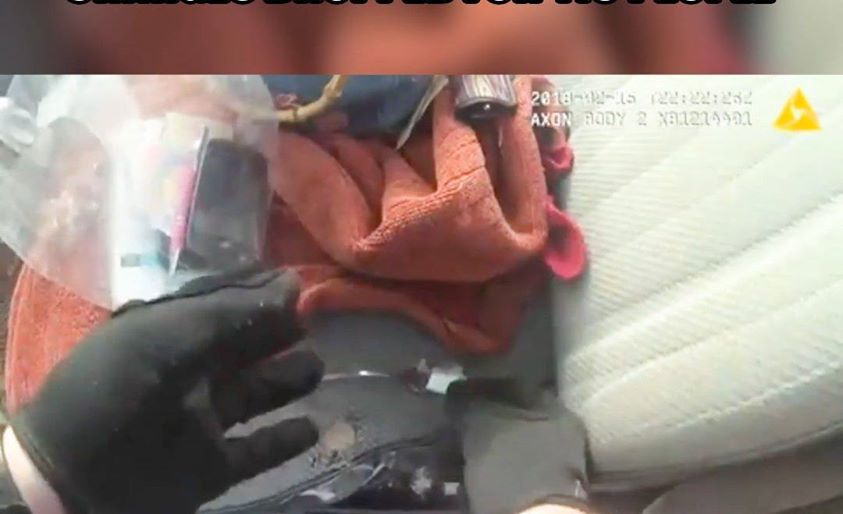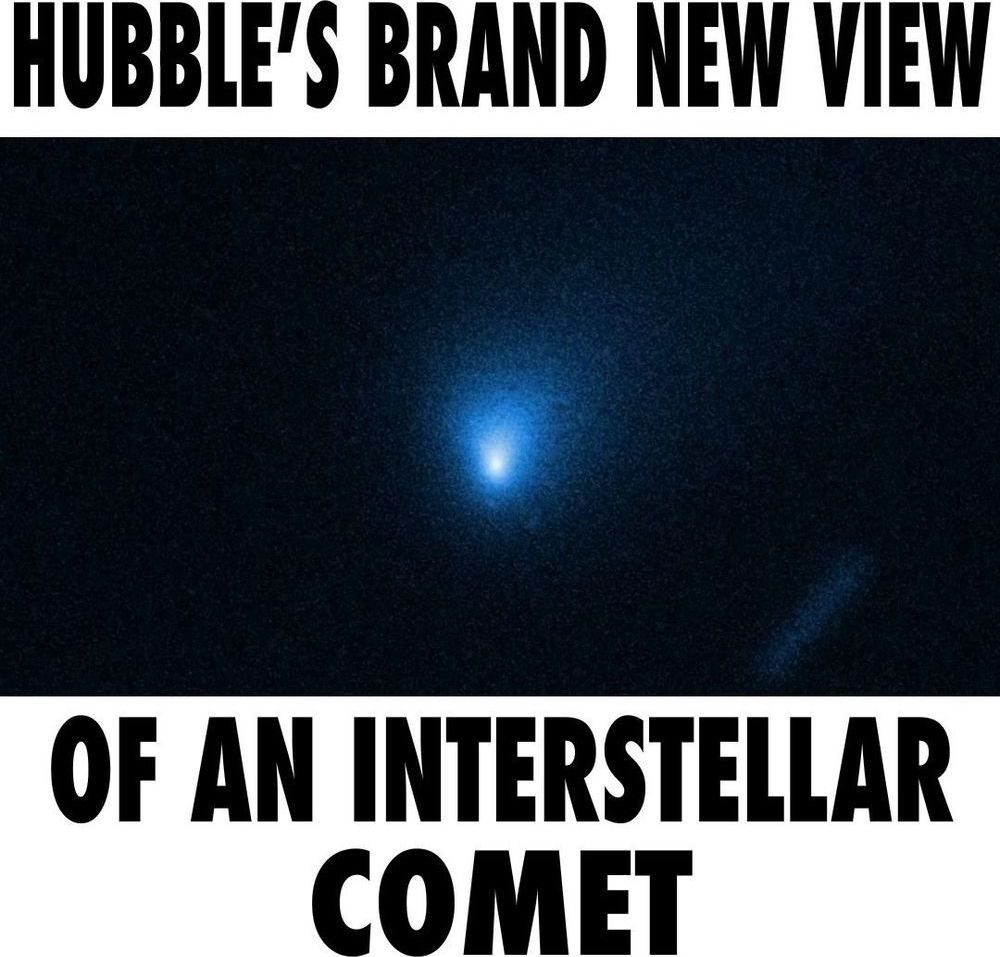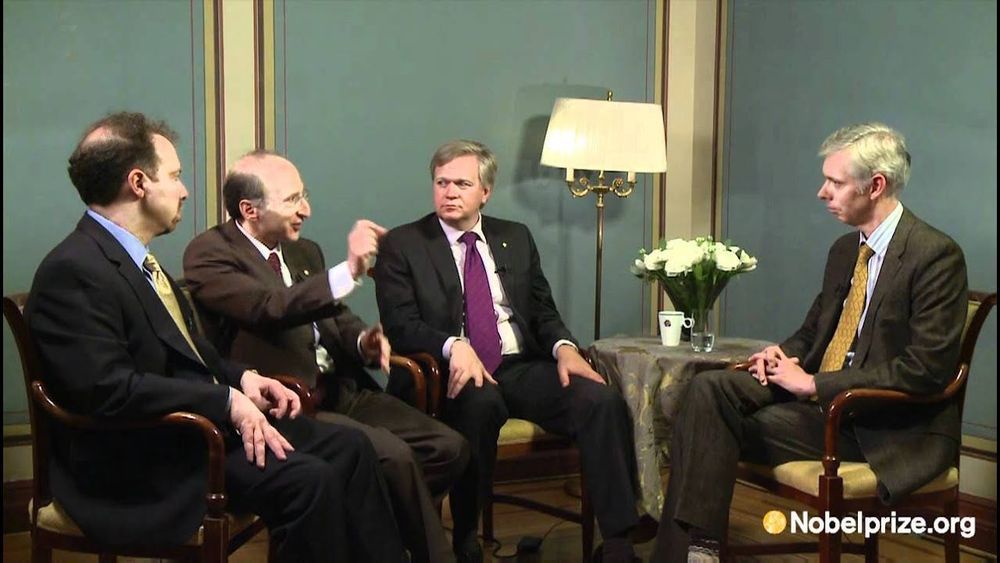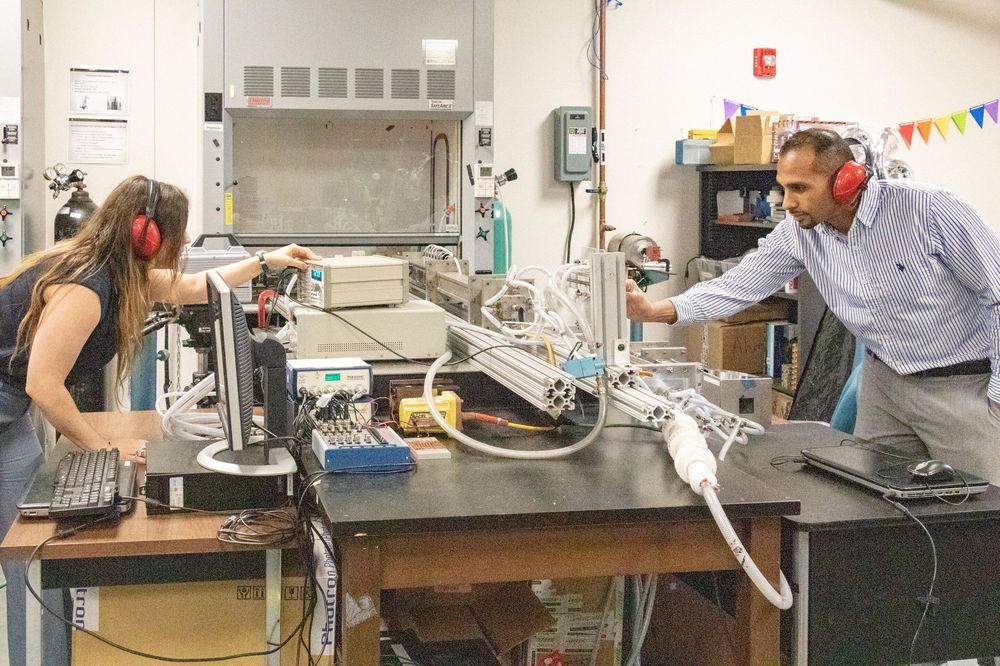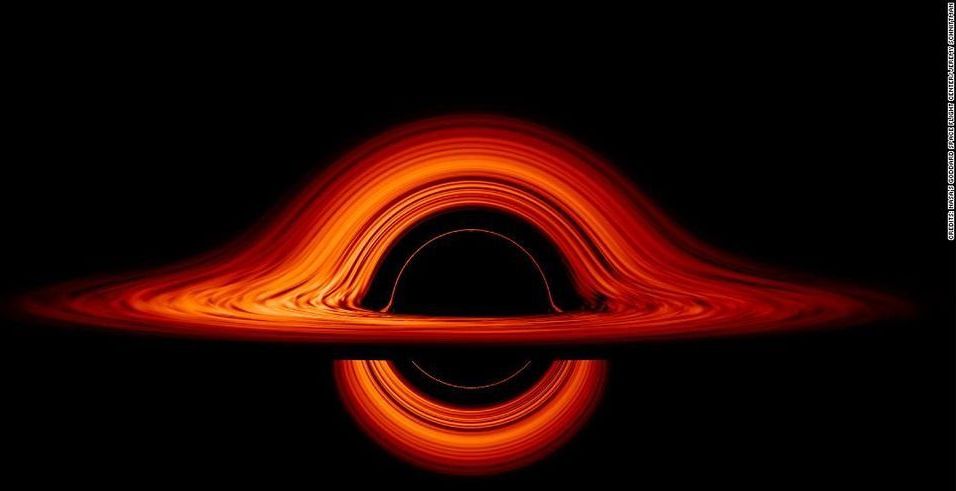Nov 1, 2019
Studies Yield ‘Impressive’ Results in Fight Against Cystic Fibrosis
Posted by Genevieve Klien in categories: biotech/medical, genetics, health
A pair of new studies report “impressive” benefits from a drug therapy for cystic fibrosis, a deadly and devastating disease that affects tens of thousands of people worldwide, the director of the National Institutes of Health wrote in an editorial published in The New England Journal of Medicine on Thursday.
“These findings indicate that it may soon be possible to offer safe and effective molecularly targeted therapies to 90 percent of persons with cystic fibrosis,” wrote the director, Dr. Francis S. Collins, who led the team that in 1989 identified the gene that causes the genetic disease affecting the lungs and digestive system.
“This should be a cause for major celebration,” he wrote in the Thursday editorial.


